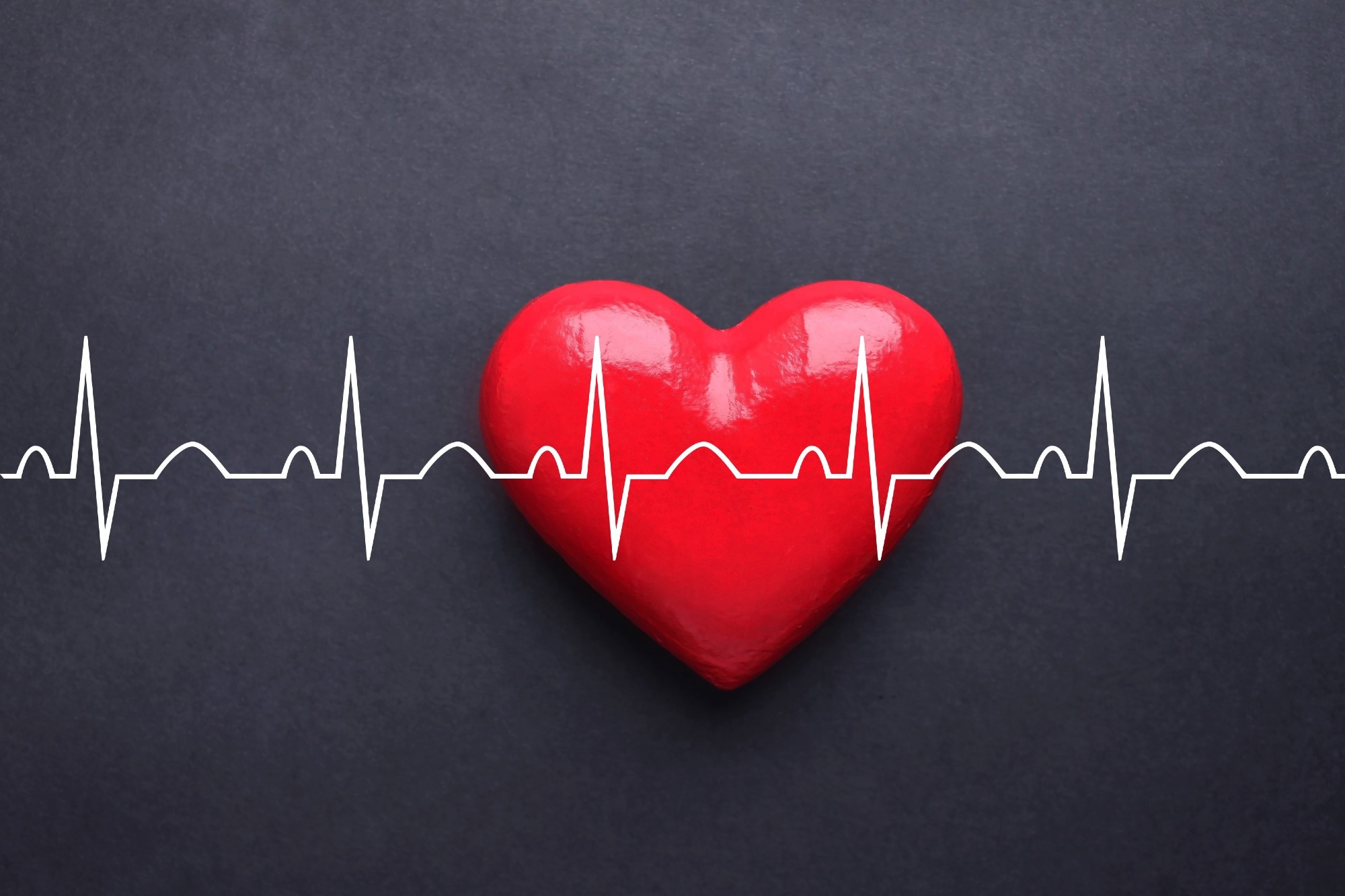In early 2020, no one anticipated the long-term consequences of the coronavirus disease 2019 (COVID-19) pandemic. During the first year of the pandemic, the focus was survival from acute infection. During mid-2020 emergence of a new group of patients known as post-COVID-19 long-haulers took place. These people were reported to be constantly tired, often young or middle-aged women, incapable of work, and had multiple symptoms such as chest pain, exercise intolerance, tachycardia, and heart palpitations. Many doctors, neurologists, and cardiologists indicated some of these symptoms to be ideal for the symptoms of postural orthostatic tachycardia syndrome (POTS). Additionally, other cardiovascular autonomic dysfunctions like inappropriate sinus tachycardia were also reported.
 Study: Autonomic dysfunction and postural orthostatic tachycardia syndrome in post-acute COVID-19 syndrome. Image Credit: Melana Lettering / Shutterstock
Study: Autonomic dysfunction and postural orthostatic tachycardia syndrome in post-acute COVID-19 syndrome. Image Credit: Melana Lettering / Shutterstock
POTS is indicated to be a major phenotype in the new post-acute COVID-19 syndrome that occurs in about 30 percent of highly symptomatic patients. However, other forms of cardiovascular dysautonomia like hypotension or orthostatic intolerance and vasovagal reflex susceptibility, have also been observed.
A new clinical outlook in Nature Reviews Cardiology aimed to analyze the post-acute sequelae of COVID-19 that can pose a threat to patients, their doctors, and the healthcare system.
Confirmation of POTS requires correctly interpreted cardiovascular autonomic testing. There was an increase in chronotropic response of more than 30 beats per minute when standing, as well as chronic fatigue and orthostatic intolerance along with maintained blood pressure. Additionally, other symptoms are also involved, such as sleep disturbances, brain fog, migraine, muscle weakness, and chest pain. This resulted in the referral of patients to various clinical specialties due to confusion regarding diagnosis.
Recent studies have highlighted the need for more diagnostic vigilance, new therapeutic options, and greater availability of healthcare resources to better understand the place of POTS in the post-COVID-19 landscape. POTS and other related conditions have been reported to develop three months post severe acute respiratory syndrome coronavirus 2 (SARS-CoV-2) infection but can also develop following vaccination. This suggests that such factors can trigger an autoimmune response in susceptible individuals. Additionally, these cardiovascular dysautonomias have been reported to be independent of the severity of the initial infection. Further research is needed to understand the immunomodulating agent associated with misdirected or overstimulated immune responses. Moreover, research should also focus on identifying genetic or epidemiological markers of increased cardiovascular dysautonomia risk.
The post-COVID-19 cardiovascular autonomic dysfunction can lead not only to a POTS-like pattern but also to blood pressure instability, tachycardia at rest, and local circulatory disorders. The various symptoms observed in POTS might be due to microvascular dysfunction along with inadequate macrovascular and microvascular responses. However, few reports indicated that microvascular dysfunction is an important mechanism of post-COVID-19 complications. All such dysautonomic phenotypes can coexist and primarily affect young and middle-aged women. Therefore, phenotyping of POTS in cohorts of patients with post-acute COVID-19 syndrome is required to identify reliable biomarkers and develop effective therapies for the syndrome.